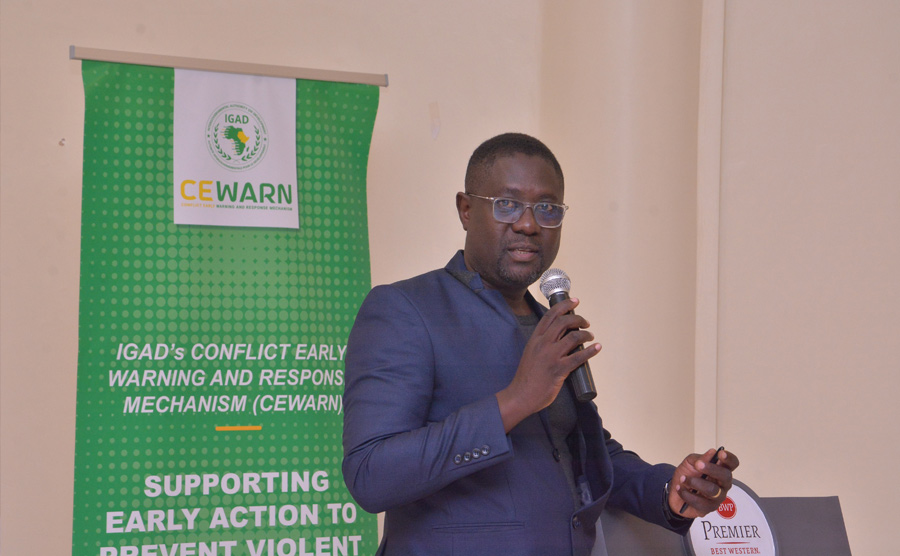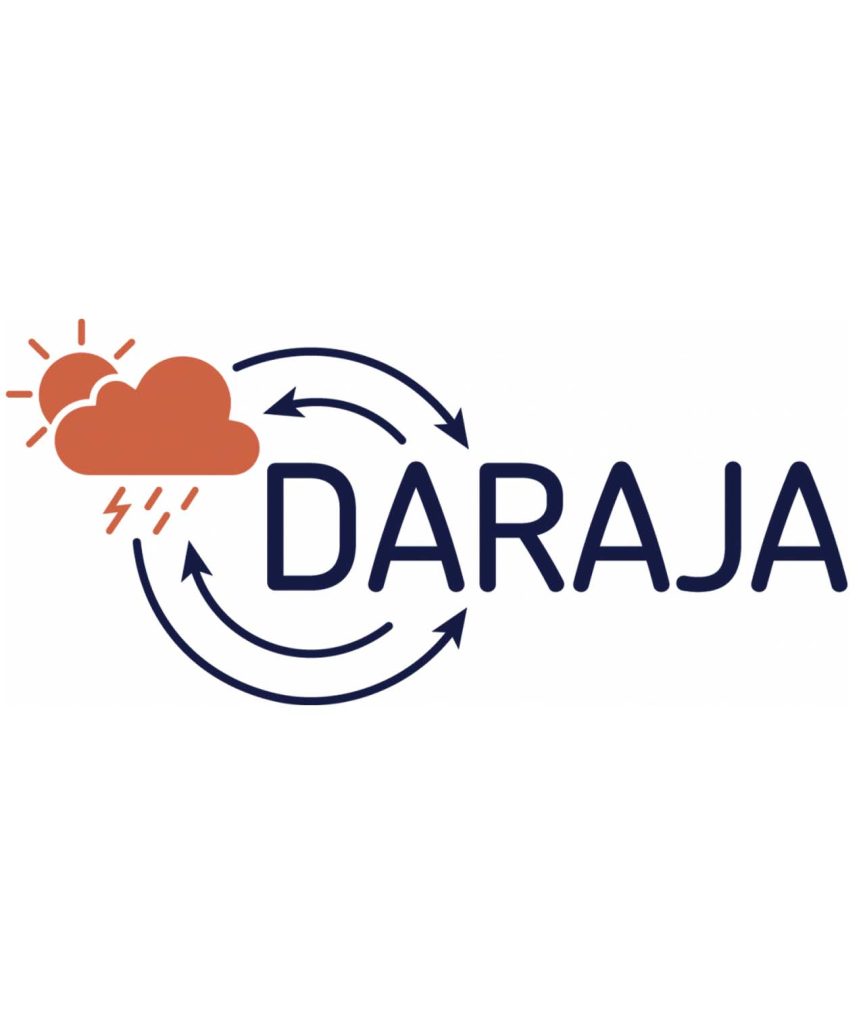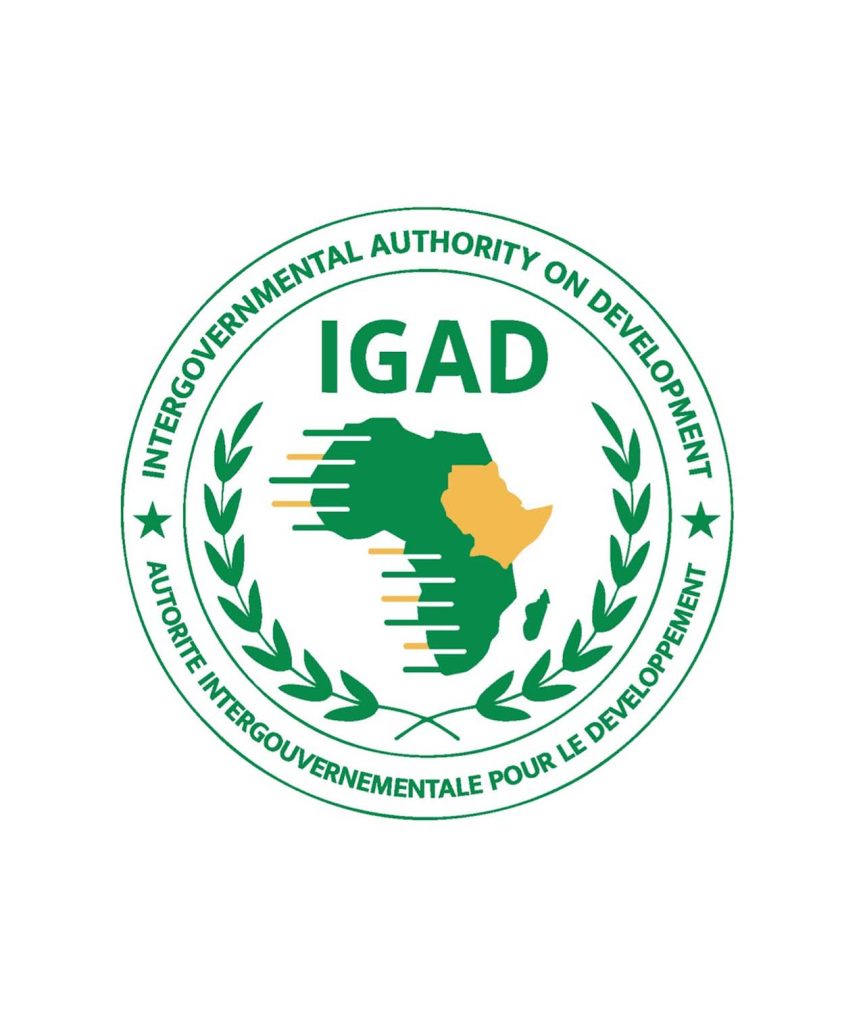ENTEBBE, UGANDA – From 13 to 15 May, a pivotal regional workshop convened in Entebbe, Uganda, bringing together key stakeholders to review and refine innovative early warning tools designed to address climate-related conflict in vulnerable border regions.
The workshop, organized by the the Intergovernmental Authority on Development Conflict Early Warning and Response Mechanism (CEWARN), gathered representatives from three pilot areas—Aweil in South Sudan, Mandera in Kenya, and Karamoja South in Uganda—alongside national conflict early warning units, and representatives from the UN, AU, EAC, COMESA, and the Government of Ireland, a key partner in CEWARN’s climate-security work.
The focus of the workshop was to strengthen early warning capacities for climate-related conflict. Participants focused on two cutting-edge tools under development that aim to provide timely and actionable insights into how climate stress—such as droughts, flash floods, and land degradation—can heighten tensions and spark violence.
During the workshop, participants shared first-hand accounts from their communities, illustrating how climate shocks are triggering displacement, intensifying competition over scarce resources, and increasing social strain. These on-the-ground experiences highlighted the urgent need for robust systems that can better anticipate and help prevent violent conflict. At the same time, participants underscored the importance of local resilience strategies and the need for tools that complement, rather than replace, traditional knowledge.
Two distinct yet complementary tools were at the center of the review. The first, the Climate-Conflict Events Scanning & Monitoring System, developed by Nairobi-based DataCraft, tracks large volumes of events data from multiple sources, including local media, to identify patterns and monitor evolving risks in real time. The second, the Climate-Conflict Early Warning & Predictive Tool, developed by Boston-based Virtual Research Associates (VRA), offers forward-looking insights into emerging threats. This predictive tool is continuously refined using data and trends detected by the scanning system, creating a dynamic feedback loop for more accurate forecasting and prevention.
Discussions emphasized the importance of simplicity, local adaptability, and usability. While participants acknowledged the value of technical indicators like vegetation health, they stressed that such data must be interpreted within broader local contexts, such as drought recovery, delayed rainfall, and pressure on shared resources. They also pointed out that historical tensions and past shocks significantly influence how climate stress can lead to instability.
Participants called for the integration of traditional knowledge systems into the new tools, improvements to the user interfaces to make them more accessible, and ensuring that the systems are responsive to the specific realities of vulnerable communities.
The insights and recommendations gathered from this workshop will be instrumental in guiding the further refinement of these early warning tools. This collaborative effort aims to shape a more responsive and grounded early warning system for the IGAD region—one that is capable of transforming climate data into meaningful, peace-promoting action.









